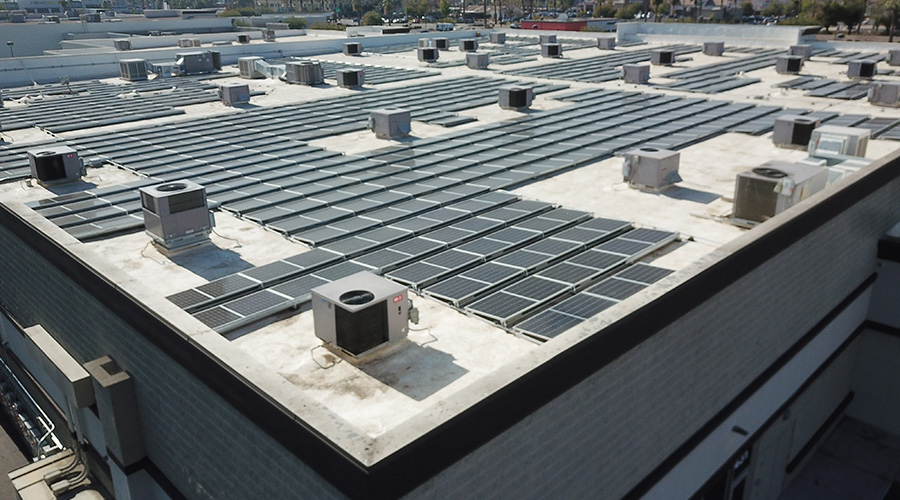Rising Water Prices Mean It's Time For A Professional Water Certification For Facility Managers
Consistently rising water prices mean it's time for a credential that would give facility managers the option to earn a professional water certification by learning how to be more efficient.
The modern facility manager and engineer find themselves in the middle of a sea of technologies and issues of all types that tug at their time and talents. Keeping up with all they need to know is nearly impossible, yet they are constantly tasked with finishing projects on time and under budget while keeping the facility working.
Now comes the issue of water and wastewater costs. For decades, the facility manager and engineer considered water to be just there when needed. This has been changing. Indeed, it could be argued that water is the oil of the 21st century.
Over the last 30 years, water and wastewater costs have increased faster than the cost of oil. (See chart below.) Just between 2007 and 2011 water cost increased by 27 percent, according to recent studies. Unfortunately, this trend will continue. Water and wastewater infrastructure received a grade of D from the American Society of Civil Engineers' 2013 report, even lower than the grades for older bridges, roads, and the power grid. The cost to upgrade this antiquated water and wastewater infrastructure will only continue to increase — and upgrades will probably drive increases in rates. The bottom line is that water and wastewater costs are likely to impact your bottom line. This is true in both wet and dry areas of the country. For example, Rahm Emanuel, mayor of Chicago, recently announced that water rates in that city will double over the next few years.

In addition to cost, in the last three years there has been an explosion of new codes, standards and regulations concerning all aspects of water use and wastewater operations within facilities. Any new construction or renovation of a facility will be impacted by these changes. This change also applies to voluntary rating systems. The U.S. Green Building Council has greatly expanded the water credits within LEED (Leadership in Energy and Environmental Design) in the current draft of LEED v4, due out this fall. This proposed expansion to LEED now includes points for cooling tower design and operation, laundry operations, commercial kitchen equipment, medical equipment, and the use of alternate on-site sources of water ranging from rainwater harvesting to the use of air conditioning condensate.
The federal government is rapidly promulgating new federal standards for water-using equipment and many states are following suit. The U.S. Environmental Protection Agency (EPA) has also created the WaterSense program, a parallel to the Energy Star program. Similar to energy, there are now a significant number of best management practice guides for commercial, institutional, and industrial facilities being developed. This includes the EPA's new "WaterSense at Work: Best Management Practices Guide for Commercial and Institutional Facilities." Many state and local governmental entities are enacting local regulations and programs too. This includes rebates and economic incentives.
Many compare this uptick in water-related activity to the similar concentration on energy in the 1970s. There was a steep learning curve then, which continues today as facility managers continue to learn about the best ways to increase efficiency in their facilities. This begs the question: Are facility managers ready for the water learning curve?
Related Topics:














